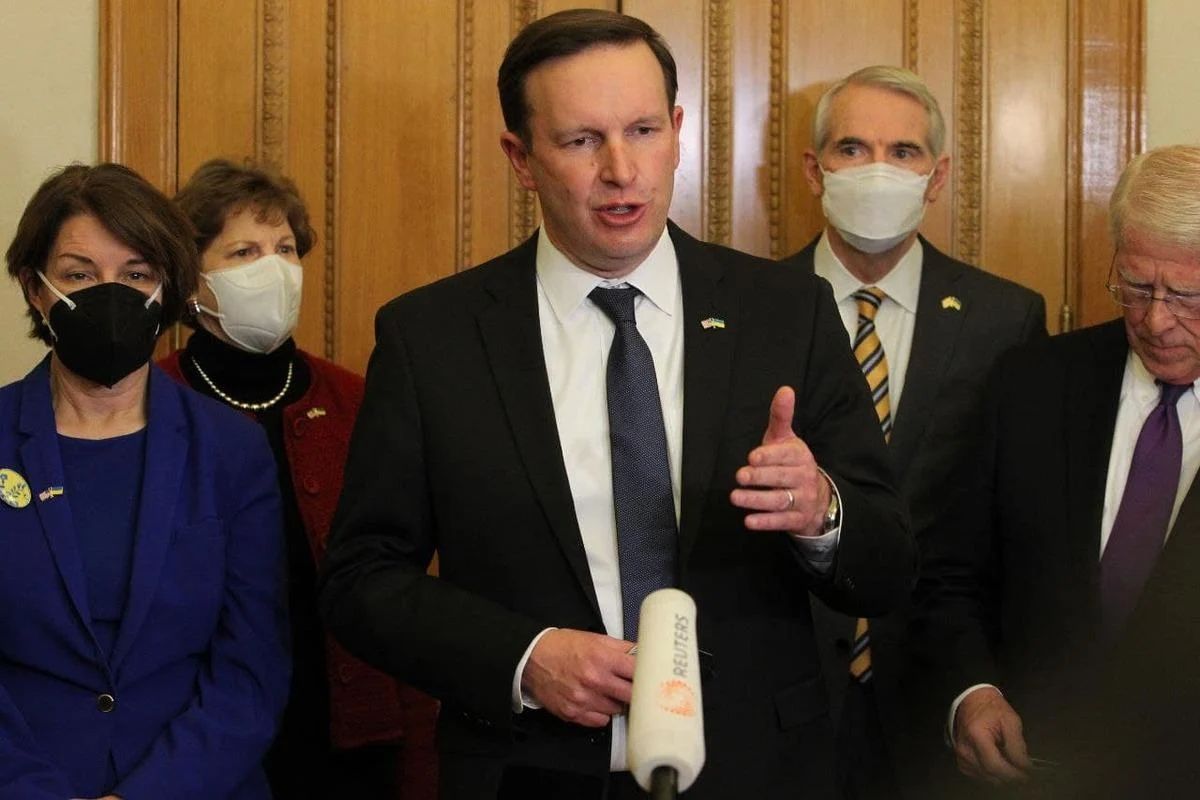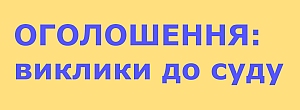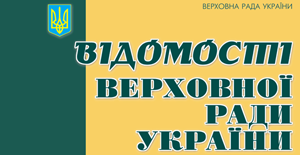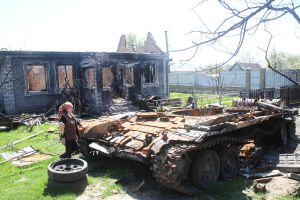He came to Ukraine with a group of other senators, members of the Democratic and Republican parties. The congressional delegation also included Robert Portman, Jeanne Shaheen, Amy Klobuchar, Richard Blumenthal, and Roger Wicker.
The American senators said that the purpose of their visit was to reaffirm the bipartisan support for Ukraine’s sovereignty and territorial integrity in the face of a new Russian invasion.
The senators stressed that their visit was meant to demonstrate that the United States is not going to sit back and just watch whether something will or will not happen. “We want to prevent this from happening, and we want to be a deterrent, to find a solution before the war begins,” the senators said.
According to Amy Klobuchar, American support for Ukraine consists of hundreds of millions of dollars of military aid, lethal weapons, and the exchange of intelligence data. “A plane with American military aid came to Ukraine last week. Another one will arrive this week. Even more supplies to Ukraine are expected from the United States and allies,” she said.
Senator Jeanne Shaheen declared, “We want to send a message to Vladimir Putin that he should understand that we stand with Ukraine and we will hold him accountable should he threaten the sovereignty of Ukraine. The Congress and the Biden administration and our allies are addressing this issue. We are united against any attempt of Putin and Russia to invade Ukraine.”
The congressional delegation had talks with President Volodymyr Zelenskyy, Foreign Minister Dmytro Kuleba as well as with heads of the Interior Ministry, the Defense Ministry and the Energy Ministry.
American senators are frequent guests to Ukraine. For instance, senators Shaheen, Portman and Murphy were on official visit to Kyiv last June. The lawmakers assured that there was a consensus at Congress and the Biden administration regarding defensive military aid to Ukraine. They also spoke out against the Nord Stream-2 project in Europe.
The current visit of the congressional delegation is held amid the build-up of Russian troops on the border with Ukraine.
Early this week the British government announced its decision to deliver defensive weapons to Ukraine, particularly light anti-tank systems. The announcement was delivered by Secretary of State for Defence Ben Wallace at the British Parliament on January 17. “We have taken the decision to supply Ukraine with light, anti-armour, defensive weapon systems… They are not strategic weapons and pose no threat to Russia. They are to use in self-defence,” said the minister.
And last week, CIA Director Bill Burns visited Kyiv. He had talks with President Zelenskyy and held a non-public meeting with Ukrainian intelligence chiefs.
According to CNN, Burns “consulted with intelligence counterparts amid concerns of a further invasion of Ukraine by Russia.” The CIA has a long-standing policy of not commenting on or publicly announcing the director's travel.
Meanwhile, Russia began evacuating personnel of its diplomatic missions stationed in Ukraine, The New York Times informed.
On January 5, 18 people – mostly the children and wives of Russian diplomats – boarded buses and embarked on a 15-hour drive home to Moscow, a senior Ukrainian security official told the newspaper. About 30 more will follow in the next few days, from Kyiv and a consulate in Lviv, in western Ukraine. Diplomats at two other Russian consulates have been told to prepare to leave Ukraine. Washington is aware of these actions.
The slow evacuation may be part propaganda, part preparation for a conflict or part feint, Ukrainian and U.S. officials say. It could be all three.
According to Russia’s Foreign Ministry, its Embassy in Kyiv functions as usually. No more information has been made available about the work of the Russian missions in Ukraine.
The newspaper Voice of Ukraine








